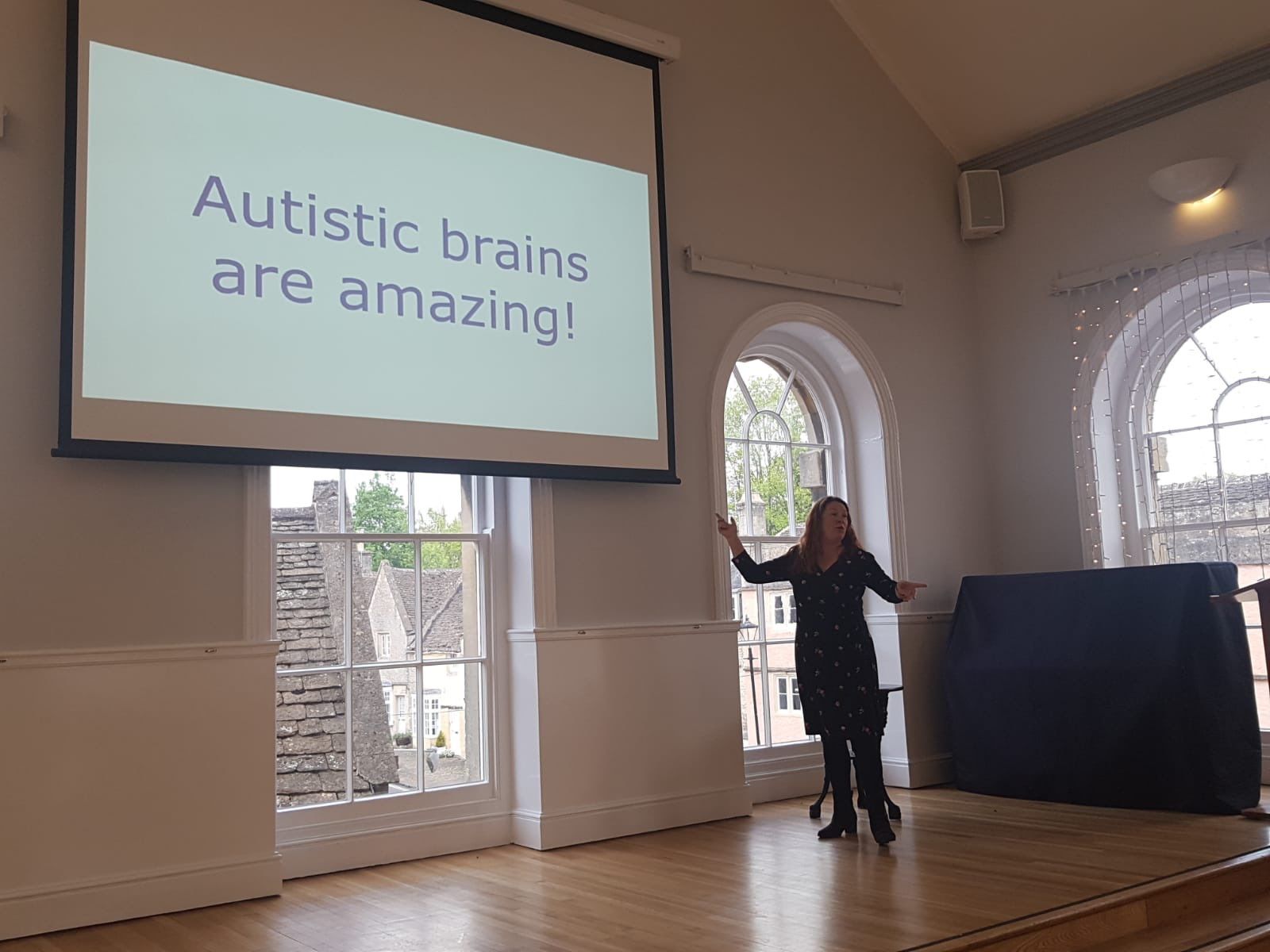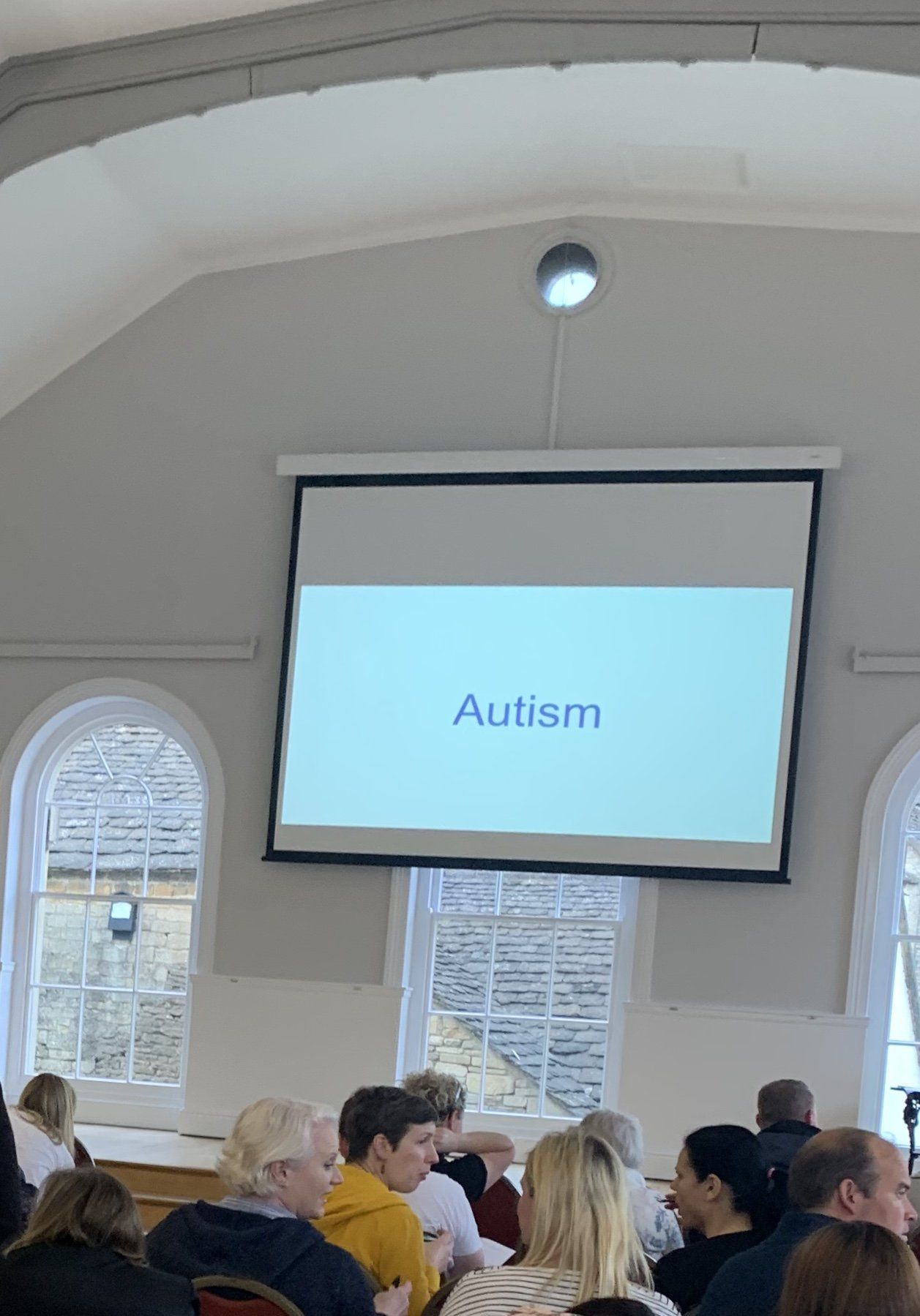Diagnosing Autism
A formal diagnosis of Autism helps identify a child's difficulties and offers a route to gaining support. It rules out other conditions, gives a reason for a child's behaviour and provides a focus for the best strategies to help them.
There are many, many things that indicate a child might be Autistic but some of the most common signs include:
· refusing to co-operate
· over reacting when things don’t go their way or as planned
· struggling to play with children their own age, either not joining in, or being too physical or controlling
· not showing the same emotional responses or interests as children the same age
· being very interested in just a few things, or liking and doing the same thing over and over again
· struggling with different sounds, texture, flavours etc
An Autism diagnosis is given based on professionals' opinions and after several assessments. This is usually a combination of a Paediatrician, Educational Psychologist and Speech and Language Therapist, using the criteria from international diagnostics manuals (DSM-5 or ICD-11).
It is given:
· through observations of the child’s behaviour
· based on reports of difficulties by parents and teachers
· when there is difficulty with social communication and interaction
· when there are restricted and repetitive patterns of behaviour, interest or activities
· by reviewing infancy and early year’s development
· identifying sensory processing difficulties
· after tests and checks rule out other conditions
Research using MRI scans shows that an Autistic brain develops and functions differently to a non-Autistic brain, but neither scans nor blood tests are currently used to diagnose Autism. The diagnosis is based purely on behaviour, development and difficulties compared to typical children of the same age.
An Autistic child may have already experienced years of anxiety and distress before an Autism diagnosis is given, as it often only after this point that proper support and help is considered and put in place.
Waiting times for the first appointment to start the Autism assessment process are up to two years in some areas, despite a national target of three months, and it may take up to four years or more for a diagnosis. After diagnosis specialist SEN support in school may not start for many months, whilst further assessments are made and arrangements agreed.
It is a personal choice as to who you tell about your child’s Autism diagnosis.
When a child learns about their Autism in an age appropriate way they can benefit from knowing why their brain works the way it does. It helps them understand why they might sometimes struggle to understand other children or adults. It’s important to know that’s its okay to feel and think the way they do, and that there are ways to help with their difficulties. Autistic brains are amazing, and can be even better than non-Autistic brains at lots of things!
by Helen Eaton
Through her work, Helen Eaton (MSc, PGCE) has gained a fascinating insight into both education and the workplace. She combines over 20 years’ experience delivering management training to the UK’s leading IT and Finance companies with a passion for education and a teaching qualification. Now specialising in Neurodiversity, she has worked with many families and professionals, promoting the importance of understanding and supporting Autism and Specific Learning Difficulties. Most importantly, she has a Neurodivergent family and rejoices in the uniqueness of their Autistic, ADHD and Dyslexic minds.
If you reproduce or share this work please acknowledge the source and the author.









